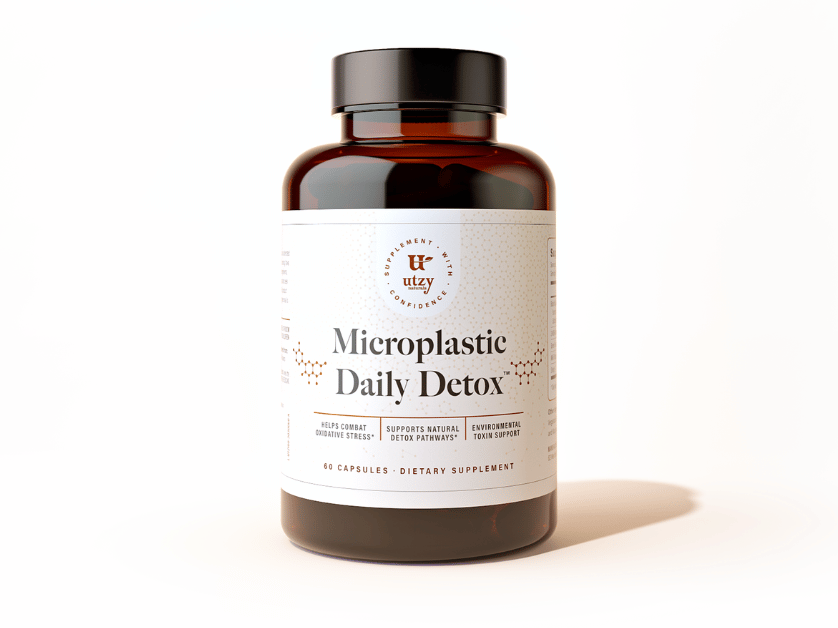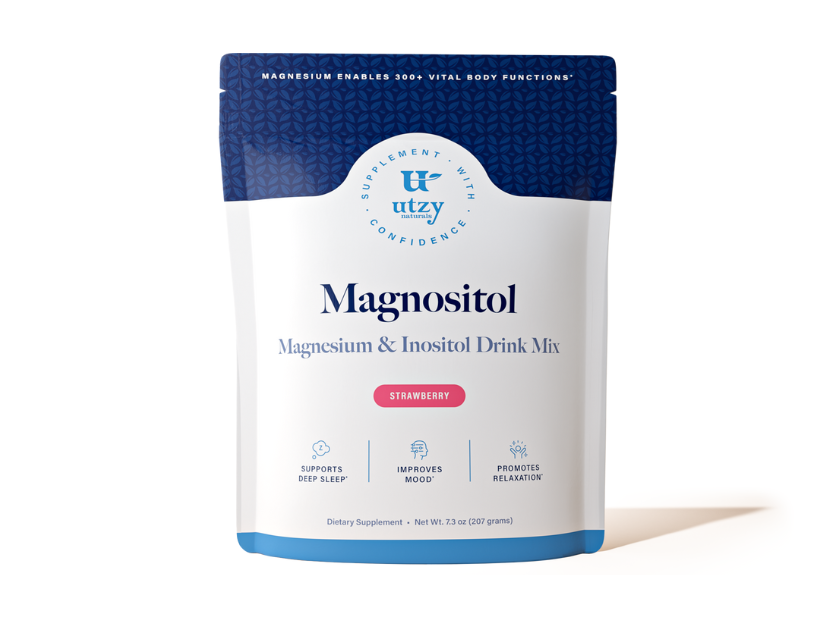shop
learn

4 Key Components of a Recovery Routine
September 14, 2021 4 min read
Workouts and mileage are only part of getting fitter.
Without recovery, your body never adapts to the stress that training applies - and so you miss out on the full benefits.
Recovery is when your body heals the microtrauma caused by training and adapts to be stronger.
Without proper post-workout recovery, you will not make the progress that your body is capable of.
When you pay close attention to developing an effective recovery routine, you can see a breakthrough in your fitness gains - without working any harder.
The following will highlight 4 key components to establishing a recovery routine.

1. The Sleeping Giant
The best recovery method is passive - sleep!
During sleep, your body heals the microtears to the muscle fibers that incur during exercise. Without sufficient sleep, any other recovery method is less effective.
Most people, especially athletes, should aim to sleep 8-9 hours per night (minimum of seven) to maximize their recovery.
If sleep does not come easily, you can take certain steps. You could consider a natural sleep aid, drinking chamomile tea, and minimizing screen time before bed. All of which are known methods for improving sleep hygiene and quality.
2. Soft Tissue Work
Soft tissue work, also known as deep tissue massage, reduces muscle soreness and promote healing.
In addition to supporting healthy recovery, massage also calms the central nervous system, thus reducing soreness and fatigue.
Foam rolling is the most popular method of at-home soft tissue work, as it allows you to release the fascia of your muscle all by yourself.
Massage therapy, massage guns, and prolonged stretching can also reduce soreness.
If you have an acute injury such as a strain or fracture, you should abstain from soft tissue work on the injured area.
If you are uncertain as to what would be most effective for your situation, you can always consult a medical professional.
3. Rest Days Improve Short-Term (and Long-Term) Recovery
Rest is not the avoidance of training; it is a vital part of it!
Properly programmed rest days allow your body time to recover from training.
On rest days, you want to avoid any sort of aerobic cross-training; it is vital to allow both your muscles and your central nervous system to rest.
Remember, muscles repair and grow themselves when you are resting.
Gentle, low impact movements such as walking or stretching are fine. In fact, getting a 20 minute walk in on your rest day is a good way to stay active while allowing your body to repair itself.
Even the best athletes program a full day of recovery into their workout routines! So, if you are just getting started, take a page out of the professionals' notebook and plan for a minimum of one rest day each week.
4. Supplements for Recovery
Some supplements can aid in the recovery process.
While supplements are no substitute for meeting your caloric needs and eating nutritious foods, supplements can provide a little extra help.
Magnesium
Magnesium in particular plays a vital role in recovery.
It falls into the category of electrolytes - minerals that play a role in muscle function and are often lost during exercise in sweat.
A 2019 study in the European Journal of Applied Physiology found that regular magnesium supplementation (one week duration in the study) reduced muscle soreness and enhanced recovery of blood glucose in recreational runners.
Fish Oil
Omega-3 fatty acid supplementation may reduce muscle soreness after exercise-induced muscle damage, according to a 2021 study in the Journal of the International Society of Sports Nutrition.
A 2020 study in Nutrients suggested that fish oil consumption leading up to a marathon could minimize muscle damage.
Combined with the other health benefits of fish oil, athletes may find that supplementation supports better recovery.
Vitamin D
The sunshine vitamin, Vitamin D, plays a vital role in bone health.
Since high-impact sports like running increase the risk of bone injuries (stress fractures), maintaining healthy vitamin D levels is crucial to ensuring healthy bones.
A randomized controlled trial published in the Journal of the International Society of Sports Nutrition observed significant decreases in biomarkers of inflammation in athletes who supplemented vitamin D3 for three weeks.
The researchers concluded that vitamin D3 supplementation may lower the risk of muscle injuries in runners.
Summary
Whether you are just getting started with a workout routine or you are a seasoned athlete, recovery is a crucial part to staying healthy.
A well-rounded recovery includes all of these: sleep, rest days, soft tissue work, and smart supplementation!
Be intentional in your recovery and you will reap the rewards in your workouts.

Leave a comment
Comments will be approved before showing up.
Also in Health
Subscribe
Sign up to get the latest on sales, new releases and more …
Join the Utzy Naturals Club!
Sign up and get the latest on sales, new releases, and more...








